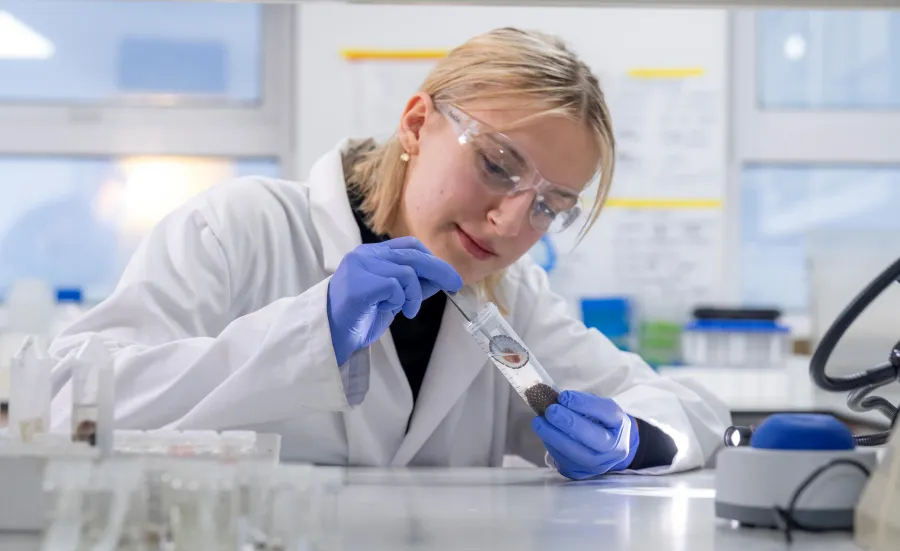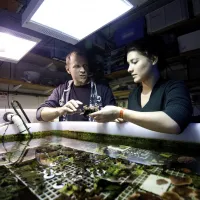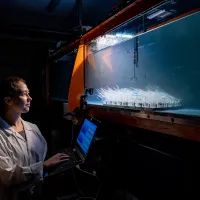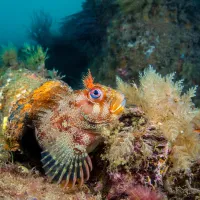Marine life is shifting due to warmer ocean temperatures, a phenomenon known as tropicalisation. Southampton researchers have identified the scale of tropicalisation and its widespread repercussions for ecosystems, biodiversity and potentially the global economy.
In recent years, rising global temperatures have enabled the migration of species from warmer tropical waters to cooler temperate zones. This movement involves a diverse range of marine life, from corals, mangrove trees and algae to marine snails, reptiles and mammals.
Karolina Zarzyczny, a Southampton PhD student, conducted a comprehensive review of tropicalisation research spanning two decades - a pioneering effort highlighting gaps in understanding and the importance of safeguarding marine ecosystems.
Tropicalisation is rapidly restructuring the combination of marine species that are present in areas of the oceans. This rapid change is not just a conservation concern, but also a socio-economic one given our reliance on the services the ocean provides.
Karolina Zarzyczny, Southampton PhD student
Adjusting to a changing world
In response to this phenomenon, some species are adapting their body shape. Dr Phillip Fenberg, an ecology and evolutionary biologist at the University, led a study revealing that temperate volcano barnacles on the coast of Baja California have altered their shell structure to a bent shape to defend against newly arrived tropical predatory snails.
These adaptations show the impact tropicalisation is already having on marine species and ecosystems, alongside the direct effects of warming oceans.
While tropicalisation may boost scuba diving tourism in areas with an influx of tropical corals and fish, it may also detrimentally impact global fisheries, and lead to a decline in ecologically and economically important macroalgae that provide a home to a wide range of marine species.
There is an urgent need for more research into the drivers and repercussions of tropicalisation, says Karolina, and there are actions we can all take on an everyday basis to help.












